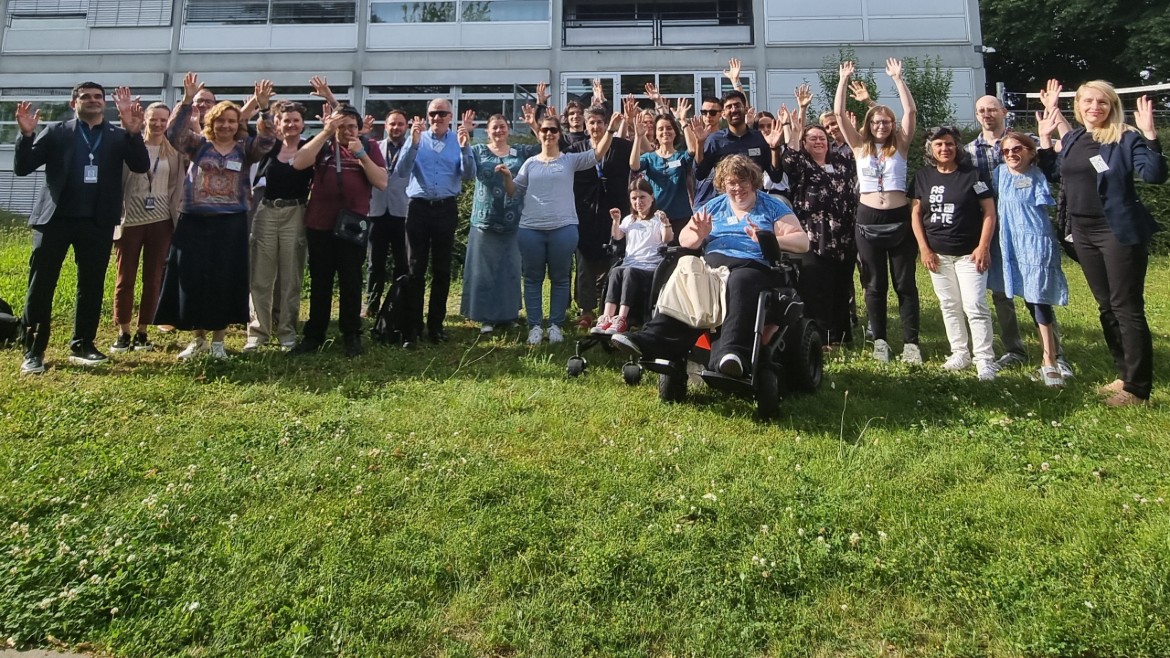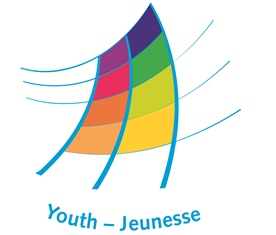Accessibility and inclusiveness, notably in relation to young people living with disability, are yet to be fully understood and applied across the Council of Europe, both within the organisation itself and by various stakeholders involved in its activities. Ensuring inclusiveness is a permanent task that requires coordinated action on policy, educational, and practical levels, as well as sufficient resources and appropriate means. It goes well beyond the question of physical access, encompassing the attitudes of those involved in activities and the way activities are designed and implemented. Holistic planning and informed investment in staff capacity, working methods, and internal regulations—particularly by involving young professionals living with disabilities and specialising in access issues—can bring sustainable results and measures.
These were some of the key messages of the Consultative meeting on the accessibility of the European Youth Centre and the activities of the Youth Programme of the Council of Europe. The meeting, held from 19 to 21 June at the European Youth Centre in Strasbourg, brought together 18 young experts from 16 Council of Europe member states who are either living with a disability or working with young people living with disability.
A number of recommendations and concrete measures were the result of constructive discussions with representatives from the Youth Sector's statutory bodies, relevant Council of Europe services, and the Youth Department. Anchoring dedicated financial and human resources to mainstream accessibility and inclusiveness agenda for the youth sector, using assistive technologies to increase opportunities for participation, raising awareness among Council of Europe staff and youth organisations, and introducing mandatory basic and advanced trainings on non-verbal communication, health, and safety for all staff working in residential facilities (e.g., European Youth Centres in Strasbourg and Budapest) are a few examples.
The consultative meeting was organised within the Youth Department’s dedicated project on accessibility and inclusiveness of the European youth centres and youth activities. The project also includes studies on the accessibility and inclusiveness of the activities, the infrastructure's accessibility and inclusiveness.
Both the project and the studies are part of the Youth Department's comprehensive and long term efforts to enhance inclusion and effective participation for young people living with disabilities in its programme.




